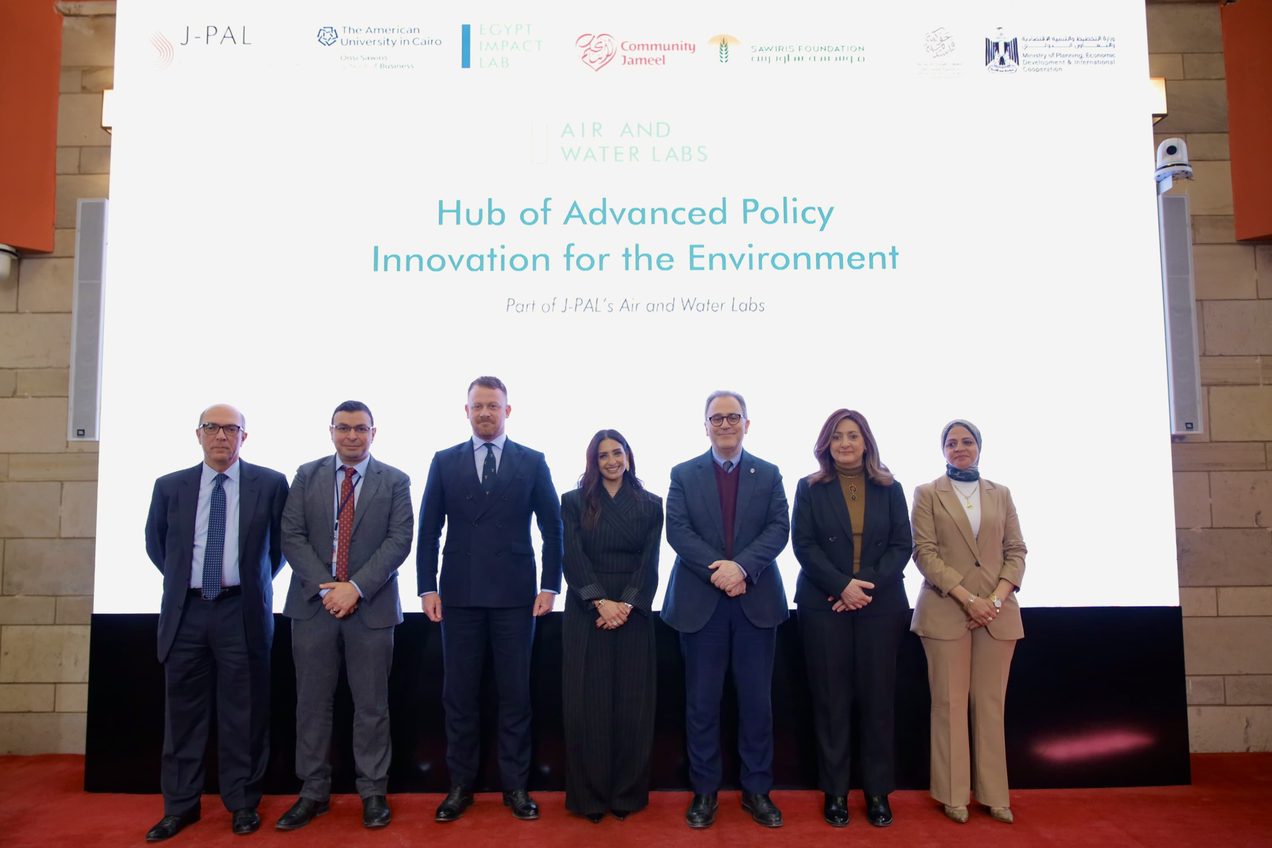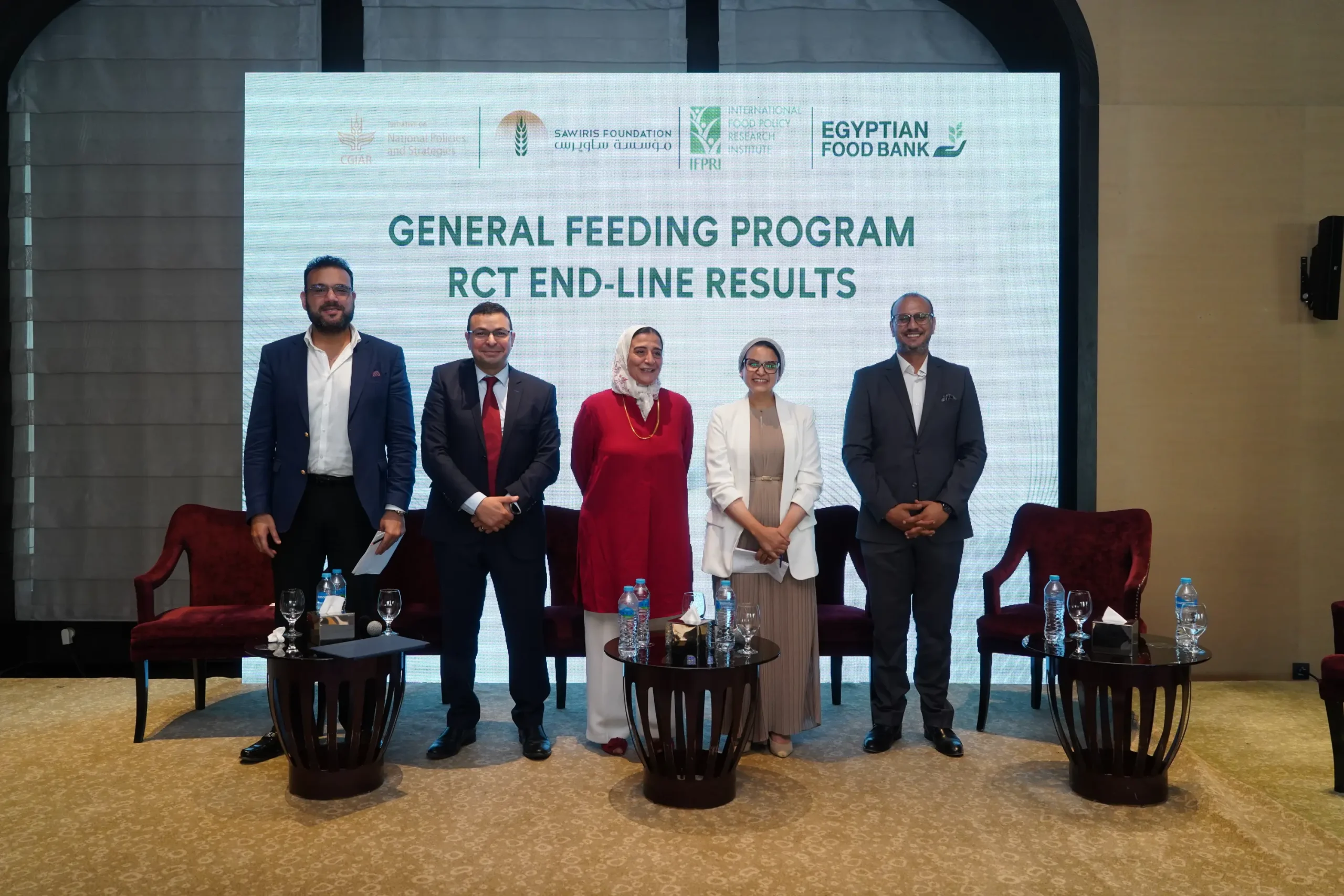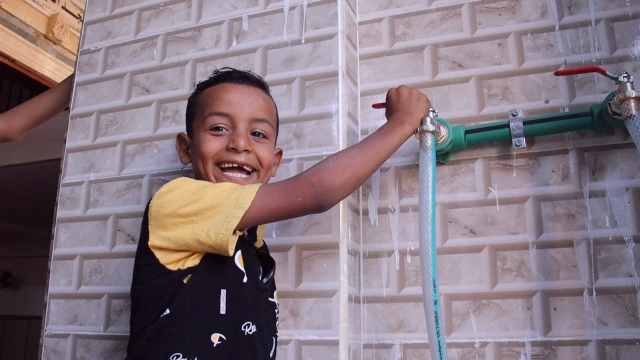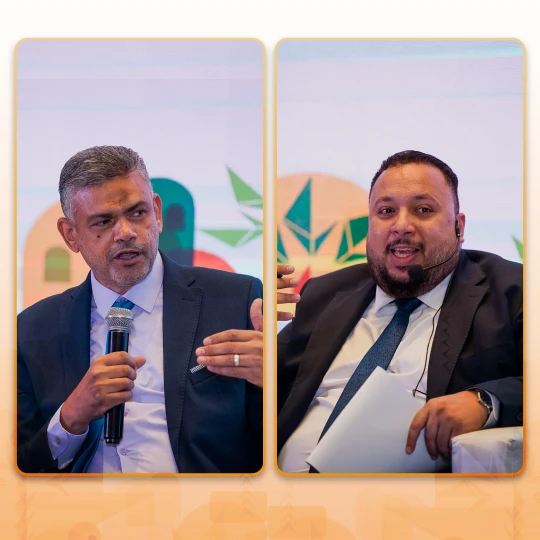For more than a decade and a half, the Sawiris Foundation for Social Development has prioritized the cause of children without parental care (CWPC) in Egypt.[1] Considering our awareness of the weakened network of family relationships, which manifests in surging divorce rates, that reached 254,000 divorces in 2021 in comparison to 222,000 cases in 2020 as per CAPMAS.[2] As well as the increase in domestic violence rates [3], and the emergence of behaviors that are incompatible with the public morals, such as the spread of illicit relationships inside and outside the family [4]. All of which are part of a phenomenon that children usually bear the consequences of first [5], either by getting abandoned at an early age or by fleeing their family homes, ending up on the street or in a care institution.
Currently, there are approximately 9,500 children in 481 care institutions, according to the Ministry of Social Solidarity in 2022 [6], in addition to thousands of children living in street conditions, which the accurate number of is challenging to determine.
Because of the loss of essential care from their biological families, Sawiris Foundation was keen to support the Ministry of Social Solidarity and its institutions to play the caring and protective role to these children, as well as delivering services that would rehabilitate children through integrated social, psychological, educational and sports interventions.
The Sawiris Foundation has invested (EGP 100 million since 2008). Watch here a short documentary recapping how this investment helped in improving the quality of life of children under such circumstances.[7] Despite the valuable financial investments, there are still gaps that need intervention on a deeper level to facilitate the process of positive integration into society, most important of which are:
- Improving quality of services provided within care institutions and by caregivers and administrators.
- Improving negative societal image towards children without parental care, which leads to more ostracism and exclusion.
- Strengthening networks of social and institutional relationships supporting these children in the fields of education, sports and employment.
- Focusing on psychosocial support activities for children and adolescents in a way that enables them to engage in society.
Through several consecutive blogs, we will review our analysis of the issue in its various dimensions, and our vision of intervention that will contribute to bridging gaps between existing CWPC interventions based on our experience over the past decade. Specifically in this article, we will address a crucial challenge facing institutions supporting this issue, which is the sustainability of funding.
Creating sustainable sources of funding in care homes is one of the important challenges that directly affect the delivery of aforementioned interventions. From maintaining the quality of services to creating real successful models to change the stereotype of these children and others. From the financier’s perspective, funding required to meet these needs cost donor institutions huge funds for extended years, without seeing sustainable returns for these financial investments. Which in turn, leads to the reluctance of some donors to continuously support institutions or initiatives, putting care-giving institutions in financial austerity measures.
Therefore, we find it crucial to advocate among donor institutions to join hands to support the capability of these institutions to manage their own profitable projects, covering large proportions of their needs. Care giving institutional capacities must also be strengthened to attract financial investment from businesses who find motivated future leaders, skilled employment calibers for the various sectors. For instance, linking market needs, especially leadership and what is commonly known as soft skills, to training and education offered from a young age is one of the interventions that will ensure the benefit from the labor market and ensure higher success rates and future integration into society and the labor market.
Therefore, we see the pivotal role that donors can play that compliments financing, which is creating supportive networks from private, government, and educational sectors to align with care giving institutional needs and channel investments towards qualifying trained labor according to their needs and ensuring linkage of care giving graduates access to decent opportunities within society.
On another hand, to reduce expenses and gaps, all acting parties must overcome obstacles by contributing to activating the new alternative families system and facilitating and encouraging foster care methods to ensure that there is a decent and safe family for each child instead of his or her institutional residence. This would reduce the number of children living in care homes and thus lift institutional pressures and give a greater flexibility in providing better services to those who do not have the opportunity to join families.
Therefore, we have prioritized in our current strategy (2023-2028)[8] supporting two levels of interventions, namely:
- Raising the efficiency of care institutions to achieve financial sustainability and improve their administrative performance, and establishing an accredited training body, whose role is to rehabilitate, train and educate workers in the humanitarian care field. We seek through the support of these interventions to improve the care environment for children who could not be integrated with their biological families by investing in graduation plans in order to help them achieve independence after reaching the legal leave age.
- Supporting deinstitutionalization efforts that would lead to the integration of children into safe families from childhood and treat institutional care as a forced last resort. Abiding by all the scientific studies, which have proven that children growing up in a family are more psychologically stable, better educated and productive in adulthood, and have better mental, psychological and physical health compared to their peers in care institutions.[9]
Therefore, we call for investing in new partnerships to help in supporting children without parental care cause, and to improve their lives and ensure better opportunities for their integration both within families and into the society.
In coming articles under the CWPC series, we will review other aspects of deinstitutionalization interventions and recommend to all stakeholders involved the potential roles that can be played in achieving this goal.






